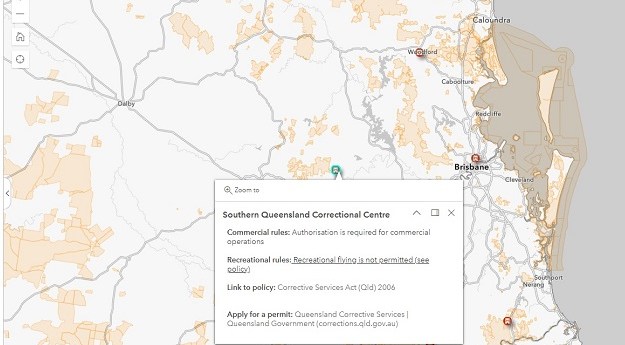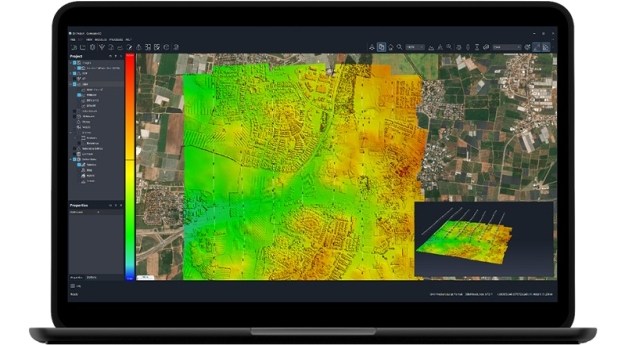The European Union is holding budget talks to decide how to spend EUR 1 trillion (AU$1.30 trillion) over the next seven years. With recession and austerity clouding much of the Continent, the leaders will argue over where the axe should fall on a European Union budget for 2014 to 2020.
An over-budget satellite navigation system that is years from full completion, largely a duplicate of an American system already widely used in Europe, and unlikely ever to generate much revenue, would seem to be in the budget cutters’ cross hairs, according to a report published in the New York Times.
Galileo, also known as the European Global Navigation Satellite System, has already burned through more than three times the original budget target, and has only 4 of the 30 planned satellites in orbit.
However, Galileo’s backers are confident, so much so that they are asking for $8 billion beyond the more than $4 billion already spent.
Space “has a strategic importance for the independence of Europe, for employment and for competitiveness,” Antonio Tajani, vice president of the European Commission, the union’s policy-making arm, said in a recent speech. Tajani, who is also the commission’s senior official responsible for space projects, added, “This is why we need a European space policy that is even more ambitious.”
One project that could get hit is a satellite observation system known as Copernicus, or Global Monitoring for Environment and Security. Europe’s efforts to monitor earth from space suffered a big blow last year when its biggest satellite, an eight-ton device called Envisat, suddenly stopped working. The Copernicus programme has its own satellites, and is now mostly operational, but has struggled to get a clear funding commitment in the next long-term union budget.
Europe “is like someone who buys a car but has no money for petrol,” Diego Canga Fano, a senior European Commission official in the department responsible for industry, said at a space conference in Brussels, referring to uncertainty over money for the Copernicus project. “The car is useless. We are a bit in this situation.”
Galileo has fared better, gathering a powerful group of backers in Brussels and among industrial and political interests in key member states. They include France, Germany and even Britain, which is usually a leading voice for deep cuts and was once a strong critic of the navigation programme.
Galileo — first proposed in 1994, more than 20 years after America started its own system, and initially promoted as a big potential moneymaker — “can’t give a direct return on investment, but politically it is very important for Europe to have its own autonomous system,” said Magliozzi of Telespazio.
By building and controlling its own satellite navigation apparatus, Europe aims to escape its dependence on America’s GPS to guide its cars, missiles, aircraft and ships. Unlike the American system, which was devised by the military and is still ultimately controlled by the Pentagon, Galileo is under civilian control — although it, too, would have potentially wide military uses. It is also designed to be far more precise than the American version.
After an abortive effort to get private companies to put up much of the development costs, Galileo has been financed almost entirely by the European Union since 2007. It is the first and so far only major infrastructure project managed by the European Commission.













